In the pursuit of a healthy lifestyle, we often prioritize diet and exercise, but one crucial element tends to be overlooked: sleep. The significance of quality sleep extends far beyond feeling refreshed in the morning; it plays a fundamental role in overall health, including dental health. Yes, you read that right – your nightly slumber can significantly impact the health of your teeth and gums. Let’s delve into the fascinating connection between sleep and dental health.
The Sleep-Dental Health Connection: Unveiling the Link
- Saliva Production: While you sleep, your body enters a state of repair and restoration, and this includes your oral cavity. Saliva acts as a natural defense mechanism against oral bacteria by rinsing away food particles and neutralizing acids that can harm tooth enamel. Reduced saliva production during sleep can leave your mouth vulnerable to bacterial growth, increasing the risk of cavities and gum disease.
- Bruxism (Teeth Grinding): Many individuals unknowingly grind or clench their teeth during sleep, a condition known as bruxism. This habit not only causes wear and tear on the tooth enamel but can also lead to jaw pain, headaches, and even cracked teeth. Poor sleep quality, stress, and certain medications are common triggers for bruxism, highlighting the intricate relationship between sleep and dental health.
- Gum Disease: Inadequate sleep can weaken the immune system, making it harder for the body to fight off infections, including gum disease. Chronic sleep deprivation has been associated with an increased risk of periodontal disease, characterized by inflammation of the gums and potential damage to the supporting structures of the teeth. Proper sleep hygiene can bolster the body’s immune response, reducing the likelihood of gum disease.
- Acid Reflux: Acid reflux, also known as gastroesophageal reflux disease (GERD), can wreak havoc on dental health, particularly when it occurs during sleep. Stomach acid that makes its way into the mouth can erode tooth enamel, leading to sensitivity, decay, and other oral health issues. Elevating the head during sleep and avoiding heavy meals before bedtime can help mitigate the effects of acid reflux on dental health.
Enhancing Dental Health Through Better Sleep Practices
Now that we understand the profound impact of sleep on dental health, how can we optimize our sleep habits to promote oral well-being? Here are some practical tips:
- Establish a Consistent Sleep Schedule: Aim for seven to nine hours of quality sleep each night by adhering to a regular sleep schedule. Going to bed and waking up at the same time every day helps regulate your body’s internal clock, promoting better overall sleep quality.
- Create a Relaxing Bedtime Routine: Wind down before bed with calming activities such as reading, listening to soothing music, or practicing relaxation techniques like deep breathing or meditation. Minimize exposure to screens and stimulating activities that can disrupt sleep.
- Prioritize Sleep Environment: Create a sleep-conducive environment by keeping your bedroom dark, quiet, and cool. Invest in a comfortable mattress and pillows that support proper spinal alignment, reducing the likelihood of discomfort that may disrupt sleep.
- Practice Good Oral Hygiene: Maintain a consistent oral care routine by brushing your teeth at least twice a day, flossing daily, and using mouthwash to help reduce oral bacteria. Regular dental check-ups and cleanings are also essential for detecting and addressing any dental issues promptly.
- Seek Professional Help: If you suspect that sleep disturbances or related issues such as bruxism or acid reflux are impacting your dental health, consult with a healthcare professional. A dentist or sleep specialist can provide personalized guidance and treatment options tailored to your needs.
Quality sleep is a cornerstone of good health, and its influence extends to every aspect of our well-being, including dental health. By prioritizing adequate sleep and adopting healthy sleep practices, we can safeguard our smiles and enjoy the benefits of a vibrant, thriving oral cavity. So, the next time you tuck yourself into bed, remember that you’re not just nourishing your body and mind – you’re also nurturing your teeth and gums. Sweet dreams, and may your smile shine bright with the power of restorative sleep.

